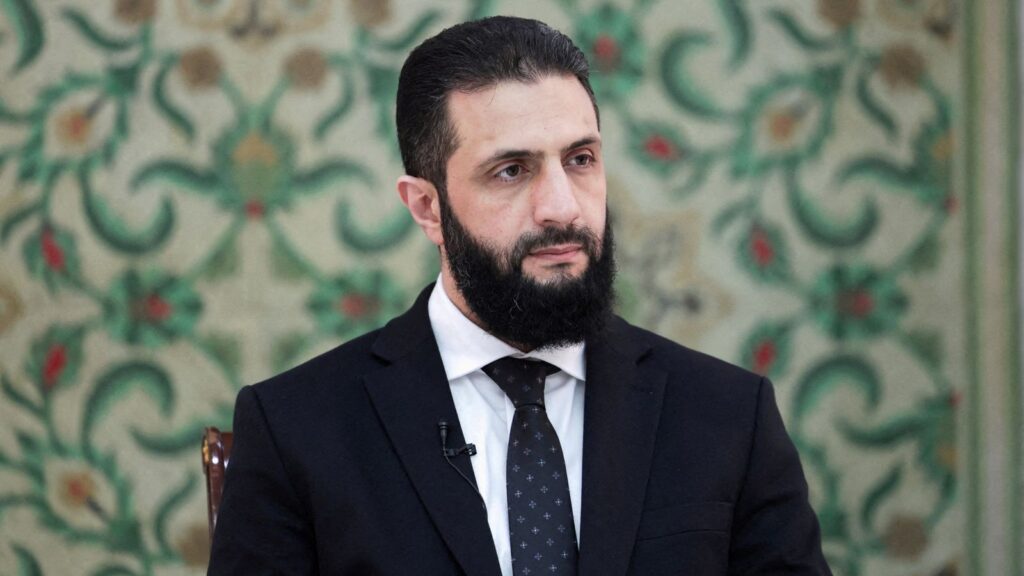Syrian President Ahmed al Sharaa, once a rebel leader instrumental in overthrowing Bashar al Assad’s regime, now faces a pivotal moment on the global stage. His meeting with President Donald Trump marks a significant shift for Syria, especially considering his past classification as a terrorist by the US. Al Sharaa, born in 1982, initially aligned with extremist groups like al Qaeda but later distanced himself, advocating for pluralism and tolerance.
During the Syrian uprising in 2011, al Sharaa established the Nusra Front under al Qaeda’s directive, later rebranding it as Jabhat Fateh al-Sham and then Hayat Tahrir al-Sham, consolidating power in Idlib. Despite past affiliations, he has undergone a remarkable transformation, embracing a more moderate image and advocating for religious tolerance.
Following the fall of the Assad regime, al Sharaa now leads an interim government in Syria, grappling with sectarian clashes and external threats like Israeli strikes. Transitioning from military attire to diplomatic roles, he engages in international relations, including a meeting with President Trump. The US leader presented al Sharaa with demands aimed at stabilizing Syria, such as signing onto the Abraham Accords and cooperating against terrorist groups like ISIS.
As Syria navigates a new political landscape under al Sharaa’s leadership, the world watches closely to see if his commitment to democracy and governance aligns with his rhetoric of transformation and progress.

